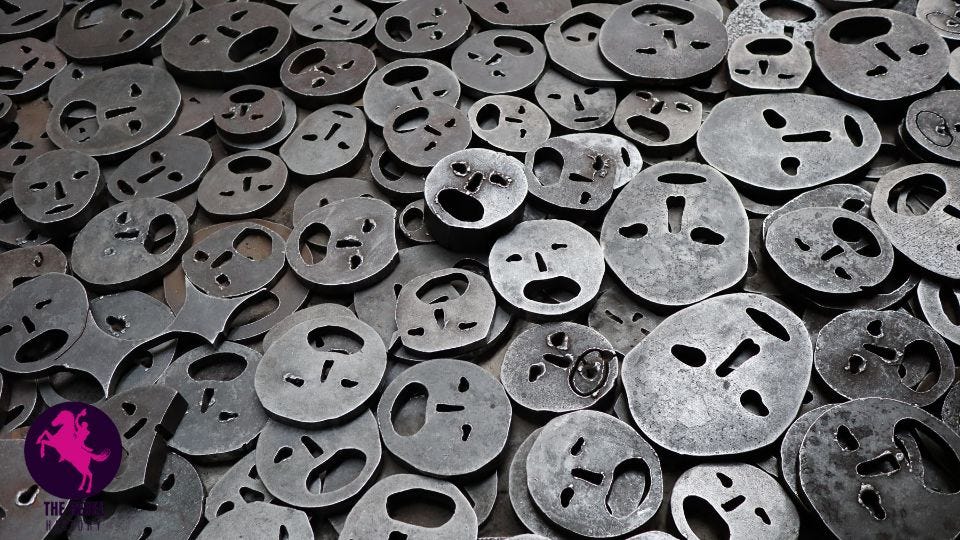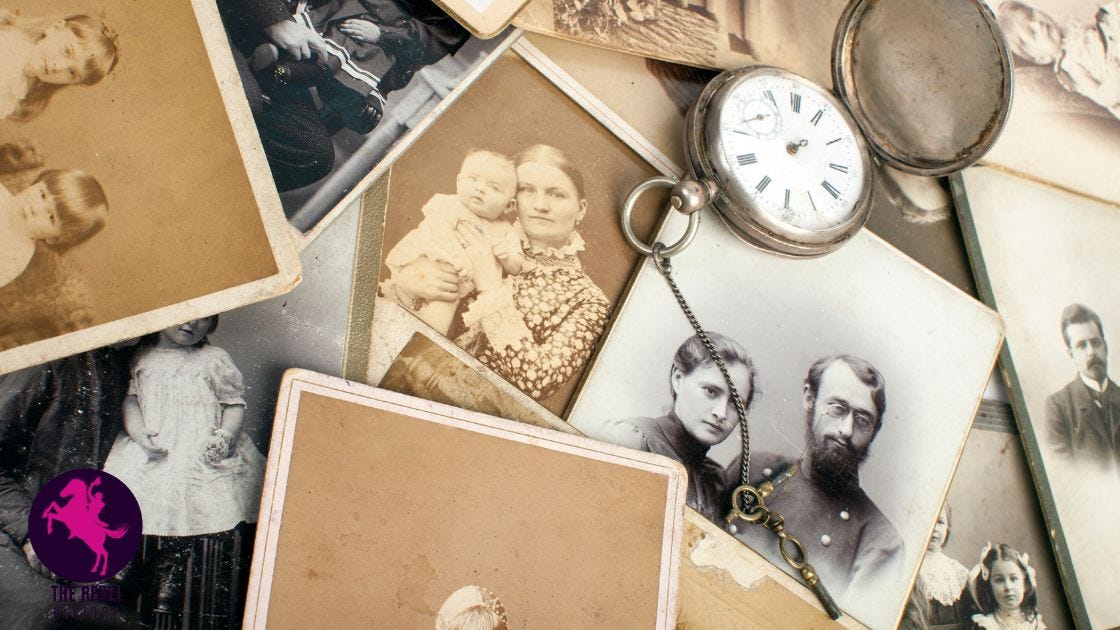Historical memory
You might be suprised, travel across borders and get ready to be amazed. You will encounter different versions of the same historical event. That is historical memory.
What is historical memory
The historical memory of a particular person or community consists of shared ideas about the past. These then help to shape the identity of an individual or a group of people. Historical memory may or may not correspond to the findings of historical science. It also usually changes over time. The erection and demolition of monuments or the naming and renaming of streets is a visible reflection of this changing relationship to the past.
☕I want my work to remain free and to reach more readers for my books. But the more coffees you buy me, the faster I craft the content you enjoy.
Thank you
Memory history
Historical memory represents a relatively new field of historical research. However, it has undeniable benefits for today's society and is best applied in teaching. Different interpretations of the past naturally belong to democracy. The concept of memory history recognizes that at least some can exist side by side. They do not necessarily fight each other, nor is it the job of historians to drive them out of society's minds.
The quote below from the leading historian of memory, Pierre Norra, accurately captures that now, different interpretations are confronting each other, and new ones are emerging. (Norra's landmark article is publicly available online and is one of the few of his works to have been translated into English. I warn in advance that this is a reading for historical gourmets.)
"We are experiencing an explosion of history."
History is one. Isn't it?
No, it isn't. Different versions of history emerge because different societies remember the past differently. We don't have to travel across the globalized world to verify the truth of this concept. Travelling Europe is enough. It is no coincidence that, despite the undeniable aspirations of the top of the European intellectual scene, no synthesis has emerged that historians of all the continent's countries can identify with. Among foreign books, we can refer to Christopher Dawson's work on the origins of Europe or Friedrich Heer's work on European spiritual history.
Neither fulfils the necessary condition that historians of all European countries agree on its content. Correct me if I am wrong. An example is the enormous work that a collective of Austrian and Czech historians has done to produce a book on shared history. These are just two small countries that had to agree, or rather, several of their historians.
Moreover, Erasmus students are often amazed by the different interpretations of their country's history across the border. I am even more surprised when their marks are not approved at home because "they teach it differently there."
Different historical memories
Why is this so? Well, because even individual families have their own versions of the past. Memory disputes manifest themselves in battles over monuments and street names.
Don't you like it? Would you rather have a history full of clearly stated facts? And what good would such a history do us?
Let's try to entertain the idea that there are multiple versions of the past. Strange, isn't it? But it's only natural. When a husband, wife and son share stories from a family holiday, the individual accounts will differ. No one will find it strange. Human memory is selective, coloured by emotion, and memories fade over time. Our brains are pretty lousy at storing facts about past events; they store information necessary for survival. And what we need to remember might not be the exact recapitulation of our past. The collective memory is a patchwork of the thoughts of human beings, so it works on a similar principle.
A veteran of the First Czechoslovakian Republic, who dismantled the Austrian-Hungarian monarchy with beloved president Masaryk, will view the history of the Habsburg dynasty differently from today's convinced Europeans, who see the Habsburgs as advocates of the European idea.
Let's embrace the idea that both might be right because, as Pilate said, "What is truth?"
Are you interested in historical memory or the myths that the public is so fond of passing on and that drive professional historians crazy? Join me on the journey and become part of my crew of Rebel Historians.
Resources and further reading:
Read my own book on the Ancient Slavic Origins!
The Czechs, the Poles, Serbians, Bulgarians, and Eastern Slavs are in the book.






